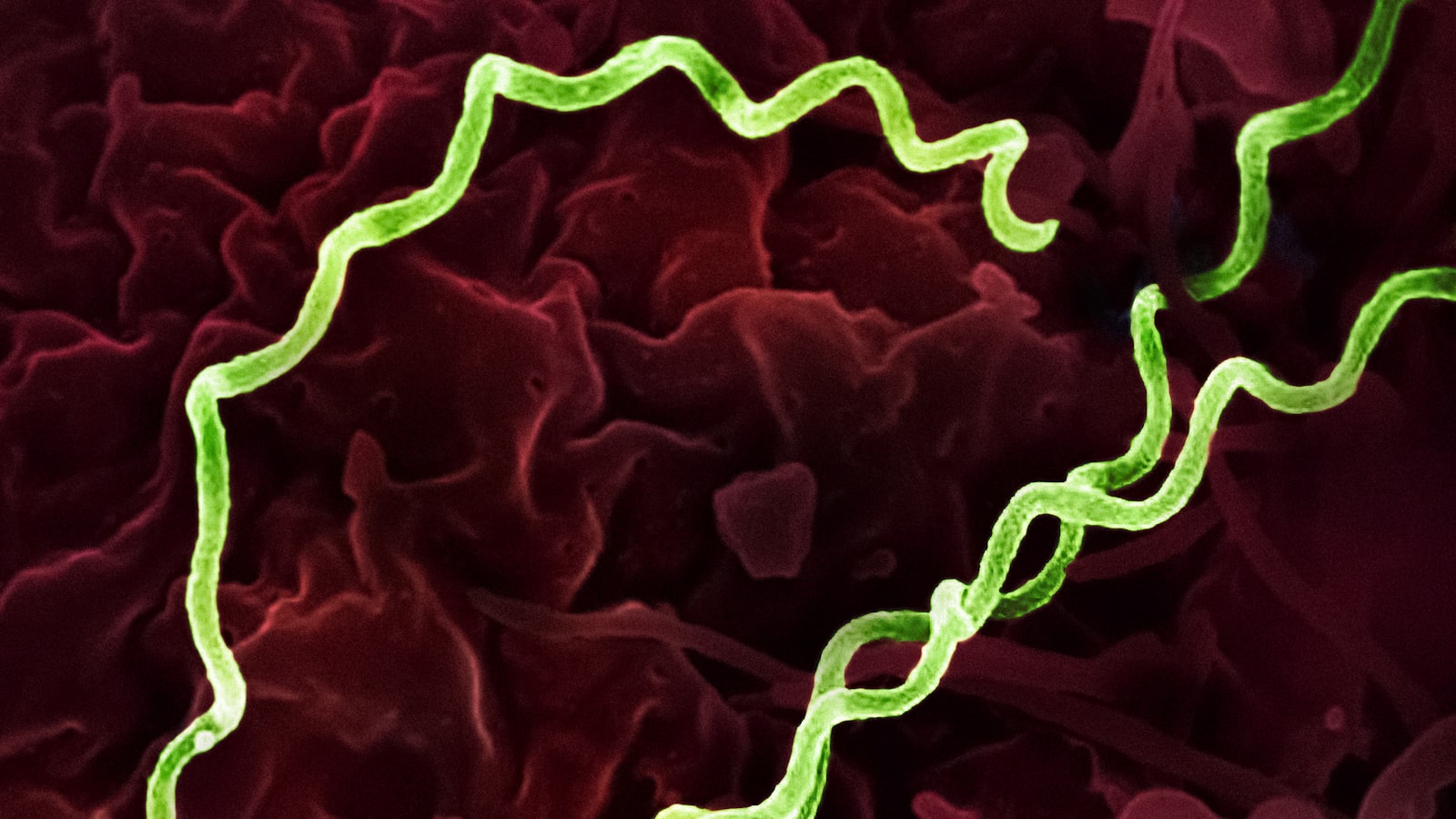Syphilis is a sexually transmitted infection caused by the Treponema pallidum bacteria. It can be transmitted through sexual contact, including vaginal, anal, and oral sex. Syphilis goes through different stages and may present various symptoms. With proper diagnosis and treatment, syphilis can be effectively managed. In this blog post, we will discuss the symptoms and treatment options for syphilis.
Symptoms of Syphilis
The symptoms of syphilis vary depending on the stage of the infection. It has four stages: primary, secondary, latent, and tertiary. Not everyone infected with syphilis experiences the same set of symptoms, and some individuals may not show any symptoms at all.
1. Primary Syphilis:
The primary stage usually begins with a painless sore called a chancre. It develops on the site of infection, which is typically the genitals, anus, or mouth. The sore can appear within 3 weeks of exposure and lasts 3 to 6 weeks. It will heal on its own even without treatment, giving a false impression that the infection has resolved.
2. Secondary Syphilis:
If left untreated, syphilis progresses to its secondary stage. This stage is characterized by a rash that may appear on various parts of the body, including the palms and soles. Other symptoms may include fever, fatigue, sore throat, swollen lymph nodes, and patchy hair loss. Similar to the primary stage, these symptoms can resolve without treatment, leading to the latent stage.
3. Latent Syphilis:
During the latent stage, the infection remains dormant, and no visible symptoms are present. However, the bacteria are still present in the body and can cause complications if left untreated. Latent syphilis can last for years before progressing to the tertiary stage.
4. Tertiary Syphilis:
At the tertiary stage, serious complications may arise. This can include damage to the cardiovascular system, neurological problems, such as paralysis or dementia, and organ damage. These complications can be life-threatening and irreversible.
Treatment Options for Syphilis
The primary and secondary stages of syphilis can be easily treated and cured with the use of antibiotics. The most commonly recommended antibiotic for syphilis is penicillin. If you have a penicillin allergy, alternative antibiotics can be prescribed.
The duration of the antibiotic treatment depends on the stage of syphilis and how long an individual has been infected. In some cases, a single dose of penicillin is sufficient, while others may require multiple doses over several weeks. It’s crucial to complete the full course of antibiotics as prescribed by a healthcare professional.
If you have been diagnosed with syphilis, it’s important to notify your sexual partners so that they can also get tested and receive appropriate treatment if necessary. Engaging in safe sex practices, such as using condoms, can help prevent the transmission of syphilis and other sexually transmitted infections.
Regular check-ups and screenings are key to early detection and treatment of syphilis. Testing for syphilis can be done through blood tests, examining tissue from a sore, or cerebrospinal fluid analysis in certain cases.
It’s essential to remember that prevention is always better than cure. Practicing safe sex, maintaining open communication with sexual partners, and getting routine sexual health check-ups can help prevent the spread of syphilis.
